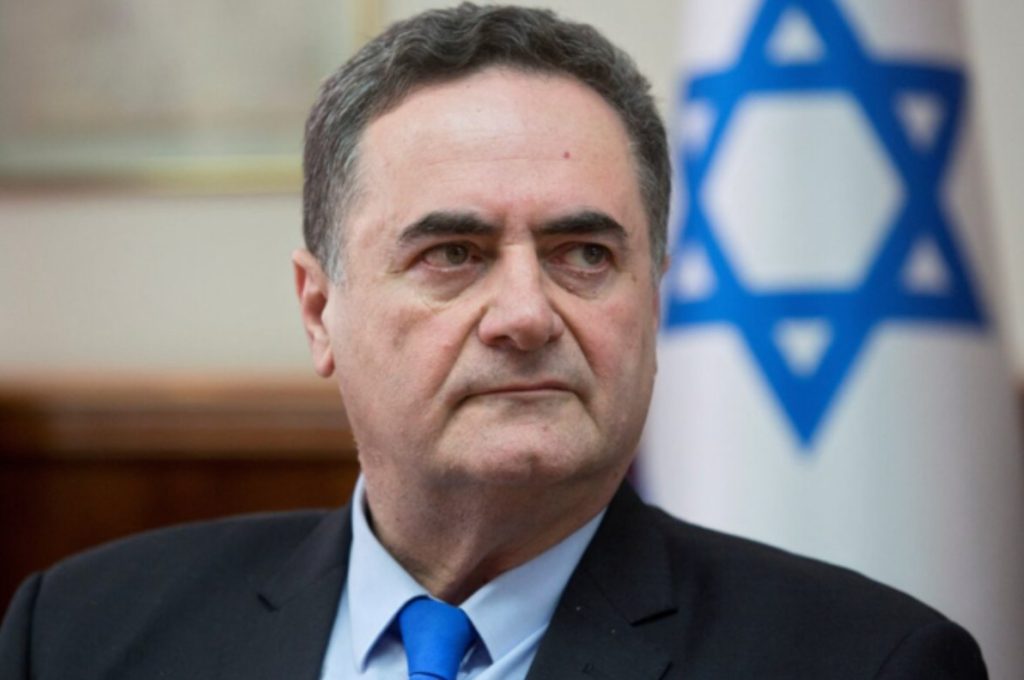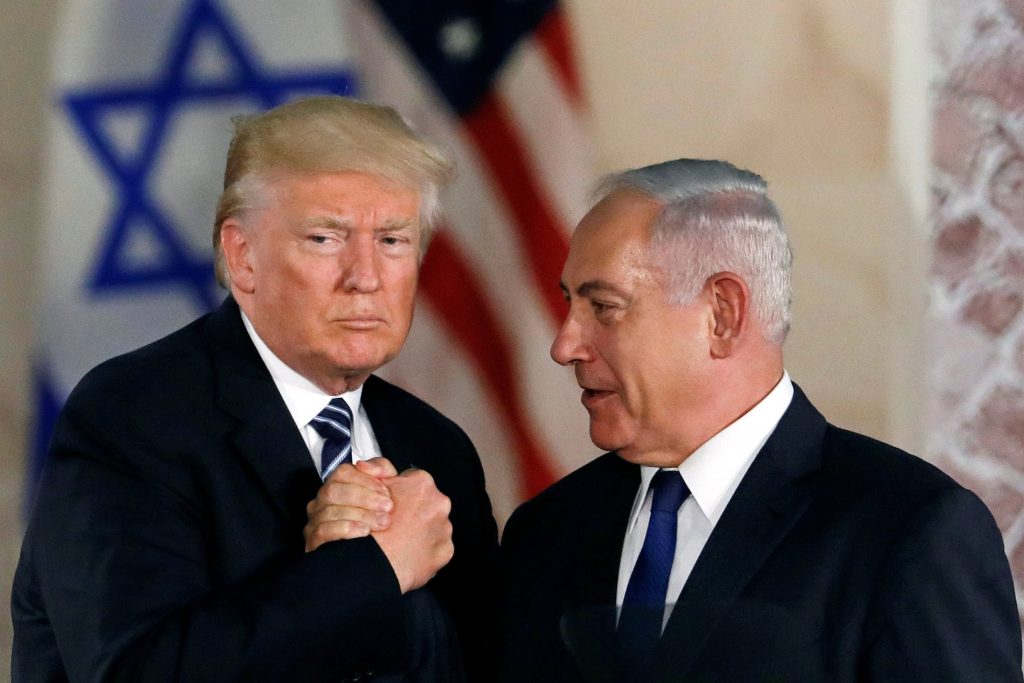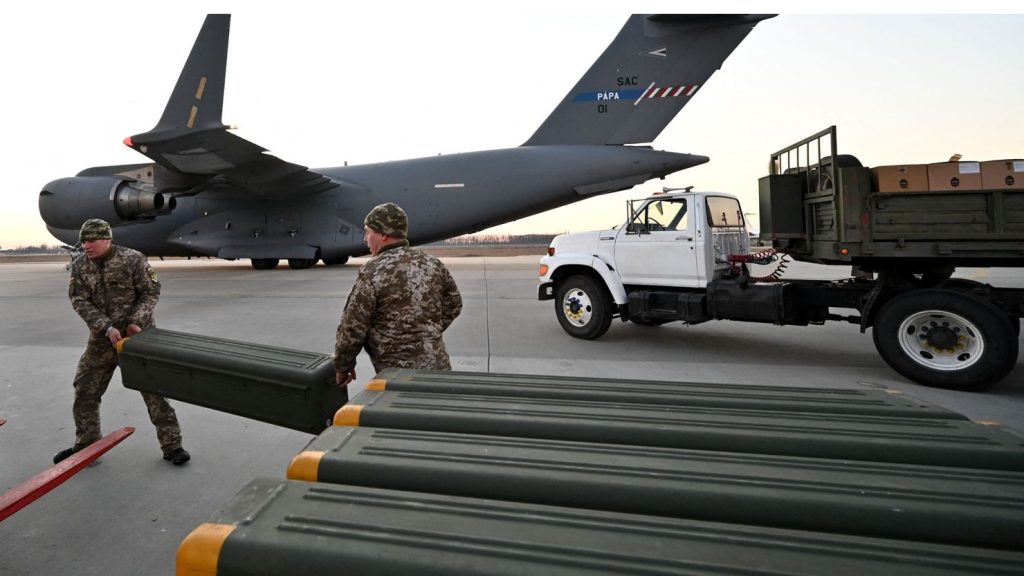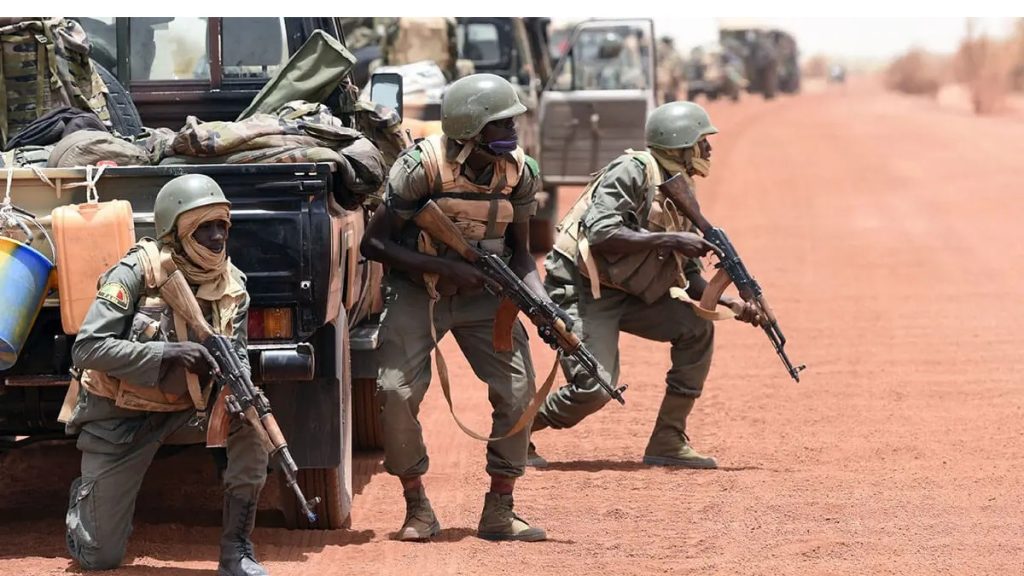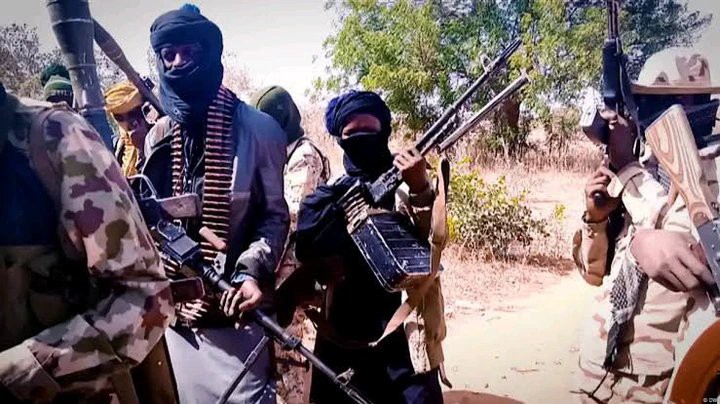Security
Attack in Borno State: 2 Killed by Boko Haram

Suspected Boko Haram terrorists targeted Jakana Police Station in Konduga Local Government Area of Borno State, in a brutal attack on July 28, 2024, leading to the loss of two lives.
They initiated the attack at about 1 a.m, resulting in a fierce clash with security forces that lasted nearly three hours.
The attackers also set fire to two patrol vehicles belonging to the police and the Civilian Joint Task Force (CJTF), along with a motorcycle.
Furthermore, they stole several firearms and ammunition.
The spokesman and assistant superintendent of police, Nahun Daso, confirmed the incident in a statement issued in Maiduguri, the state’s capital.
Mr. Daso reported that the rapid response of the Police Mobile Force Officers assigned to Jakana Police Station drove off the attackers.
Therefore, they could not seize control of the police facility.
He explained that the exchange of gunfire resulted in the tragic loss of two lives.
“They included a police officer and a civilian woman. Additionally, a police patrol vehicle was burnt down during the incident.
“The Commissioner of Police in Borno, CP Yusufu Lawal, has extended his condolences to the families of the victims and assured that a discreet investigation has commenced.
”Security measures have also been taken to prevent further attacks,” he stated.
History of Boko Haram in Borno State
Mohammed Yusuf founded Boko Haram, officially known as Jamā’at Ahl as-Sunnah lid-Da’wah wa’l-Jihād, in 2002 in Maiduguri, Borno State.
The group’s ideology opposed Western education, which they believed was corrupting Islamic values.
Initially, Boko Haram operated as a non-violent group.
They focused on preaching and establishing a religious complex that included a mosque and a school.
Tensions between Boko Haram and Nigerian authorities escalated, leading to a violent uprising in 2009.
The Nigerian police captured and killed Mohammed Yusuf, leading to a temporary lull in the group’s activities.
After Yusuf’s death, Abubakar Shekau took over leadership and transformed Boko Haram into a more radical and violent group.
They began orchestrating suicide bombings, assassinations, and large-scale attacks.
Major attack and insurgency
Chibok Kidnapping (2014): The most notorious attack was the kidnapping of 276 schoolgirls from Chibok in April 2014.
This incident garnered international condemnation and sparked the global #BringBackOurGirls campaign.
Insurgency:
Boko Haram declared an Islamic caliphate in their controlled regions.
As a result, this prompted significant military clashes with the Nigerian Armed Forces and regional allies.
Police actions against Boko Haram attack
Joint task forces: The Nigerian Police Force (NPF) has been part of Joint Task Forces (JTF) and later the Civilian Joint Task Force (CJTF).
Thus, they have collaborated with the Nigerian Army and other security agencies to combat Boko Haram.
Intelligence operations: The police have engaged in intelligence gathering and surveillance to disrupt Boko Haram’s plans.
Community policing: The police have made efforts to build trust with local communities to gather actionable intelligence and improve security.
Challenges Faced
Under-Resourcing: The police command in Borno has often been under-resourced, struggling with insufficient manpower, equipment, and funding.
Targeted attack: Boko Haram has frequently targeted police stations, personnel and facilities, leading to casualties and hindering police operations.
Successes and continuing efforts
Rescue operations: The police have been involved in operations that have successfully rescued abducted individuals, including some of the Chibok girls.
Counter-Insurgency training: Police units have received specialized training in counter-insurgency and counter-terrorism tactics to better handle the unique challenges posed by Boko Haram.
Coordination with international partners: The Nigerian police have also coordinated with international partners to receive training, intelligence support, and resources.
As a result, this collaboration has helped bolster their fight against Boko Haram.
Current situation
Military and police collaboration: The ongoing fight against Boko Haram involves a coordinated approach between the Nigerian military, police, and CJTF.
Additionally, continued efforts focus on reclaiming territories and ensuring the safety of civilians.
Humanitarian efforts: Police in Borno are also involved in humanitarian efforts, providing security for aid deliveries and internally displaced persons (IDP) camps.
The situation in Borno State remains complex, with ongoing efforts to stabilize the region and restore peace.
For Diaspora Digital Media Updates click on Whatsapp, or Telegram. For eyewitness accounts/ reports/ articles, write to: citizenreports@diasporadigitalmedia.com. Follow us on X (Fomerly Twitter) or Facebook



